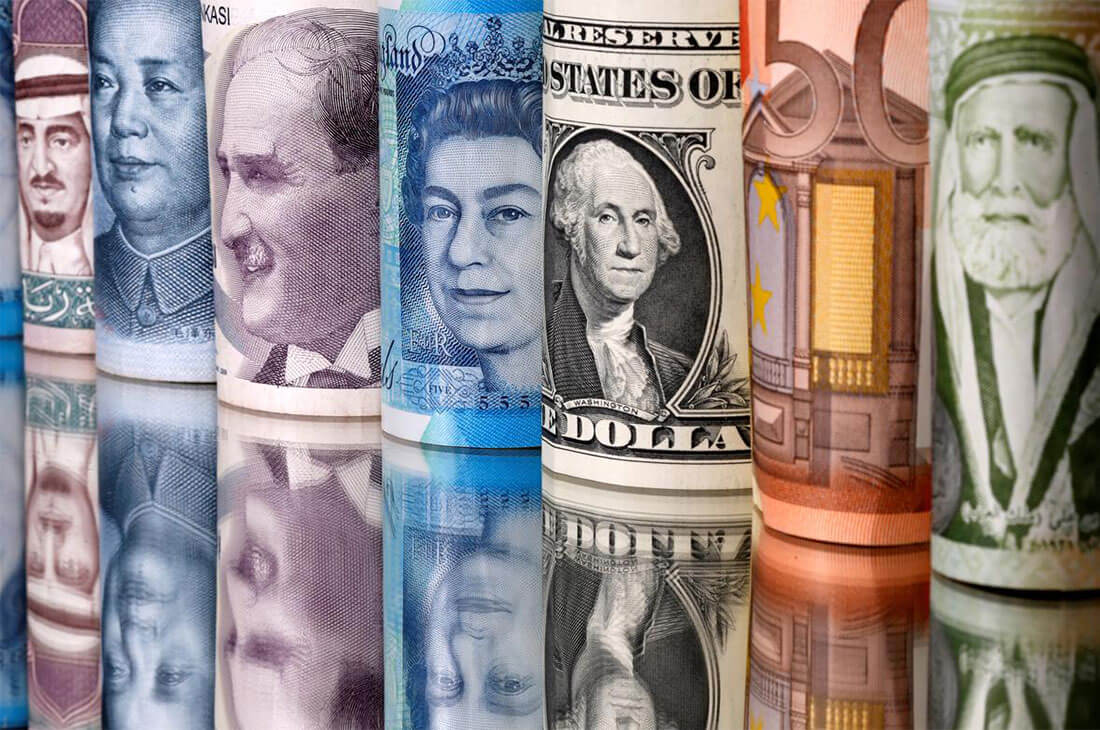The U.S. dollar rallied on Monday due to its safe-haven status, finding support just below last week’s highs. Looming U.S. labor data and renewed concerns about China’s property sector put traders in a cautious mood. Last week, the greenback skyrocketed to a 14-month high against the Euro and a 19-month peak against the Japanese yen as markets contemplated whether U.S. interest rates would rise ahead of global peers or not.
On Monday, the Euro tumbled below $1.16 again. It last traded at $1.1598, near the last week’s low of $1.1563. On the other hand, the yen changed insignificantly at 111.065 per dollar.
Chinese developer Evergrande’s shares were halted in Hong Kong, reviving market fears about the possibility of contagion. The offshore Chinese yuan dropped down by approximately 0.3%.
Evergrande stated that it’s pending an announcement about a major transaction and requested a trading halt. This announcement constitutes a possible general offer for shares of the company – noted unit Evergrande Property Services Group.
Analysts and traders fear that a collapse at Evergrande may seriously hurt an already fragile Chinese economy, and consequently, drag on global growth. As the market players flocked to the greenback, the U.S. dollar index surged forward by 0.08% to 94.029.
Moh Siong Sim, the currency analyst at the Bank of Singapore, noted that there’s a bit of nervousness, even if most investors still hope that Evergrande’s systemic risk can be contained.
Over the past months, there have been too many reasons to worry. The forex market could eventually overcome these fears if the global economic growth stabilizes, coronavirus pandemic backdrop improves, and inflation concerns subside. However, for now, all of these are keeping investor sentiment quite dour.
Is China going back on a trade deal with the U.S.?
According to a CNBC report on Friday, U.S. Trade Representative Katherine Tai plans to announce today that China is not complying with U.S.-China trade rules. That news has also supported the greenback, especially against the Yuan.
Meanwhile, the Australian dollar traded almost flat at $0.72685. The Reserve Bank of Australia will hold a meeting on Tuesday. Investors expect it to keep policy steady. On the other hand, they think the Reserve Bank of New Zealand will announce a 25-basis point hike on Wednesday. On Monday, the New Zealand dollar changed insignificantly at $0.6941. U.S. labor data is due on Friday, and it will likely show continued improvement in the job market.
In Europe, the British Pound remained flat at $1.3540. Despite Friday gains, the Sterling is still nursing losses from a sharp plunge last week when market players focused on the risk of both higher rates and inflation, along with a sour outlook instead of a central bank’s hawkish statements.
How did the Turkish Lira fare?
The Lira plunged again after President Tayyip Erdogan announced on Sunday that the government had decided to open approximately 1,000 new markets across the country. According to the president, that would provide reasonable prices for consumer goods in the face of almost 20% annual inflation.
The authorities plan to begin construction of the shops quickly. They are aiming to provide people with cheap and high-quality goods and balance Turkish markets, especially after consumer price skyrocketed to levels well above a 5% official target.
Erdogan’s ruling AK Party government seems frustrated by stubbornly double-digit inflation and sliding opinion polls. It has lately begun pointing the finger at supermarkets and opening probes into potential exploitative pricing. The government employed a similar tactic in the past.
Erdogan stated that he already ordered about 1,000 of these businesses to open around the country, adding that these are places where prices are suitable to the citizens’ budgets.
The Turkish currency suffered greatly throughout the year. An annual food inflation of almost 30%, along with a global surge in commodity prices, have driven Turkey’s inflation higher and weighed on already sharply decreased Lira. Even before the Covid-19 pandemic, inflation had remained in double digits over the past five years in Turkey, decimating household earnings and setting the Lira well apart from other emerging market currencies.
According to analysts, the central bank’s depleted credibility is the reason for Turkey’s inflation problem. The president fired the last three bank governors due to policy disagreements. The bank was under pressure from the president for stimulus. Thus, it unexpectedly cut its key rate by 100 basis points to 18% last month. This caused the Lira to drop to record lows.
Will the government’s decision help the Lira?
At this point, it’s hard to tell if opening new markets will be enough to pull the Lira from its deep lows. However, the authorities began high-profile inspections of Turkey’s largest supermarkets for consumer victimization and unreasonable pricing. In the eastern province of Van, it even probed some restaurant breakfast prices.
On Saturday, Vice President Fuat Oktay stated that increasing food production in villages is vital to stop exploitative pricing. If the project proves successful, it may give the Lira at least a short-term boost. The same thing happened in early 2019 when a currency crisis sent inflation soaring. The government opened its own markets, selling cheap fruits and vegetables directly. It accused retailers of jacking up prices and essentially cut them out from trading.










